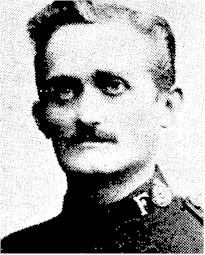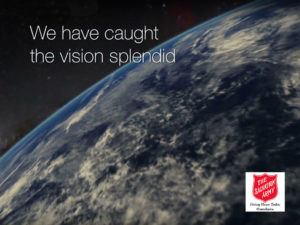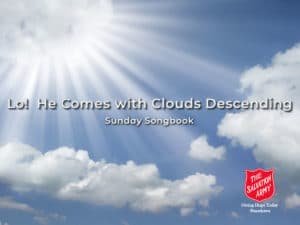Thank You, Lord, for all Your goodness
Through the years of yesterday;
Thank You, too, for present mercies
And Your blessing on my way.
Thank You for each revelation,
And for what You choose to hide;
Thank You, Lord, for grace sustaining
As I in Your love abide.
Thank You, Lord, for sunlit pathways,
Thank You, too, for byways rough;
Thank You for the fruitful summers
Also for the winters tough.
Thank You, Lord, for fragrant flowers
Growing right amid the weeds;
Thank You for the peace You give me
Even when my spirit bleeds.
Thank You, Lord, for wayside roses,
Even for the thorns beside;
Thank You for the prayers You granted
And for those that You denied;
Thank You, Lord, for precious comfort
In my hours of grief and pain;
Thank You for Your precious promise
Life eternal I shall gain.
 This song of thankfulness was first written in Swedish, by August Ludvig Storm, and then translated into English by Flora Larsson, mother of General John Larsson and the author of much beautiful poetic writing of her own. It is sung at anniversaries, birthdays, congresses and family gatherings in Scandinavia.
This song of thankfulness was first written in Swedish, by August Ludvig Storm, and then translated into English by Flora Larsson, mother of General John Larsson and the author of much beautiful poetic writing of her own. It is sung at anniversaries, birthdays, congresses and family gatherings in Scandinavia.
August Storm was born in Motala, Sweden, in October 1862. He received his education in Stockholm and first worked as an office clerk. At a Salvation Army meeting he gave his heart to Christ, and became a soldier at Stockholm I Corps, from where he left to enter officership training. He served at Sweden’s Territorial Headquarters, eventually gaining the rank of Lieut.-Colonel. In 1892 Storm was appointed as Financial Secretary, a position in which he faithfully carried out his work in spite of serious disability. Perhaps his difficult condition was what gave rise to the third verse of the song. Colonel Storm was Promoted to Glory from Stockholm in July 1914.
Perhaps his difficult condition was what gave rise to the third verse of the song Share on X





